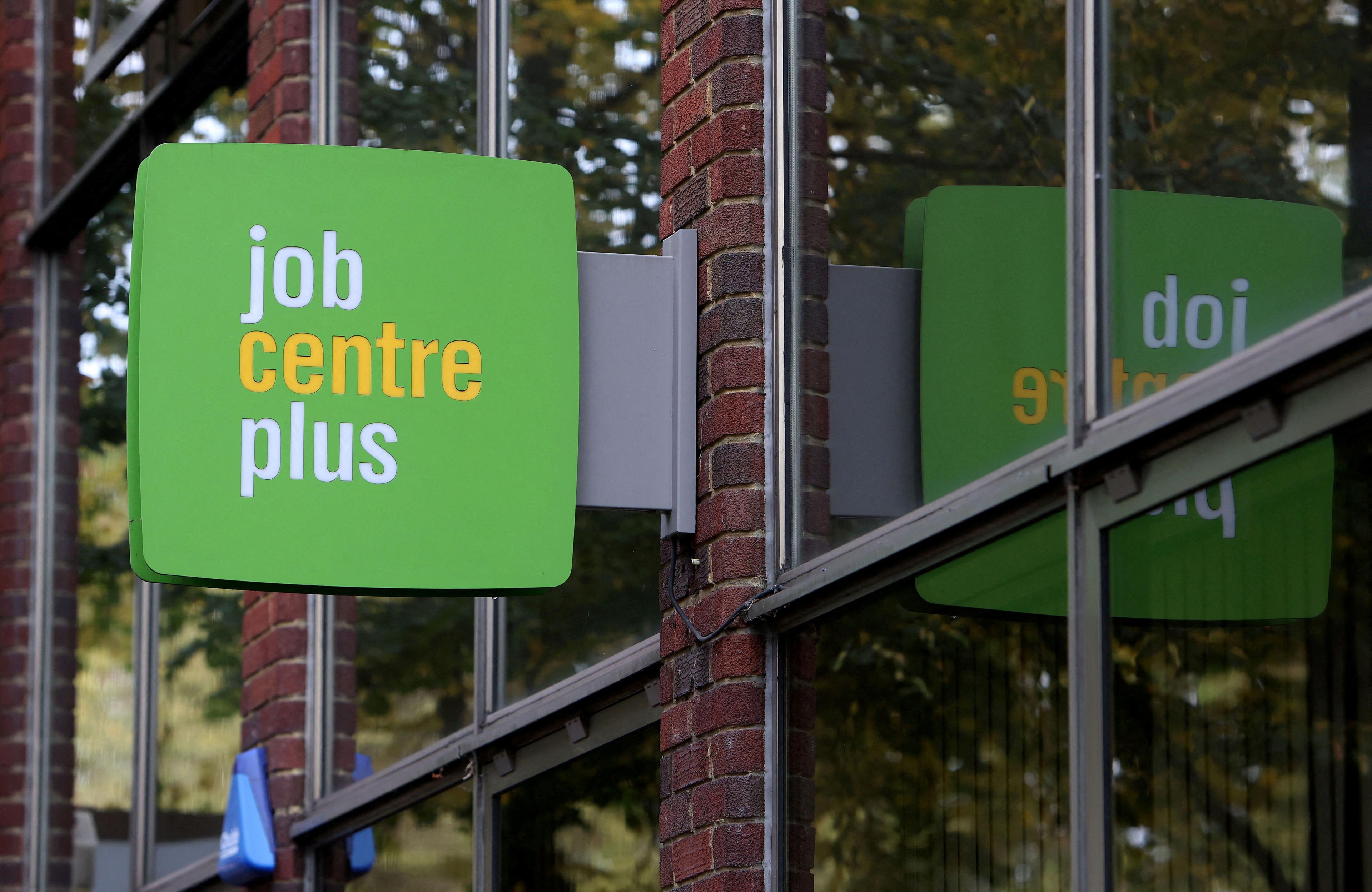Labour says it will cut benefits bill in its own way

- Published
The government says "radical" reform of the system for getting people off sick back into work will help it slash the welfare bill.
Government sources have confirmed Labour is looking to “deliver savings” on the amount is spends on welfare in 30 October's Budget.
But it says the savings will be delivered through “our own reforms” – rather than Conservative plans.
It comes after reports Chancellor Rachel Reeves is considering sticking with Conservative plans to restrict access to benefits on the grounds of ill-health.
Mental health patients could get job coach visits
- Published16 October 2024
Inheritance tax increases expected in Budget
- Published17 October 2024
Ministers complain to Starmer over spending cuts
- Published17 October 2024
The government has not ruled this out, but is emphasising its own plans to "radically" shake up benefits for people whose health limits their ability to work.
Planned changes - in a draft blueprint entitled Get Britain Working – are expected to be published later this autumn.
Labour wants to make changes to the Work Capability Assessment, which is used to determine if people can receive additional income-related benefits because of a health condition or disability.
It is promising a "proper plan to support disabled people to work", as well as an as-yet unspecified plan to ensure every young person aged 18 to 21 is either "earning or learning".
The changes will come alongside Health Secretary Wes Streeting’s plan to send "crack teams" of doctors to hospitals in areas with highest number of people off sick.
It has named Newcastle, Bolton and Blackpool as three cities where doctors will be sent to help people get back into the workforce.
Economic inactivity has spiralled post-pandemic, now affecting 9.3 million people who are neither in work nor looking for a job - a rise of 713,000 since Covid.
One in eight young people are now neither in education nor work.
New statistics show that 1.8 million inactive people – including 600,000 who are long-term sick – want to get back to work.
Kendall called the new figures "a shocking indictment of the inheritance left by the Conservatives and a stain on our nation".
"The UK continues to be the only major economy whose employment rate hasn’t recovered from the pandemic," she said.
“We will harness all the skills of the British people to get our country working again and our economy growing again."
The reforms promise a major overhaul, combining Job Centres with the National Careers Service to offer better support and empowering local leaders to come up with solutions for boosting employment.
In the run up to the Budget, there has been speculation Chancellor Rachel Reeves is considering welfare cuts to help fill a reported £40bn spending gap.
The Work Capability Assessment decides what work-related conditions claimants must meet in order to keep getting benefits in full, and whether they are eligible for top-up payments.
Reeves is reportedly planning to stick with plans announced by her Conservative predecessor Jeremy Hunt to make changes to the test, which the Tories claimed would save an estimated £1.3bn a year by 2028-29.
The government also inherited a public consultation on changing Personal Independence Payments (PIP), a separate payment paid to working-aged people, including those in work, to cover additional health-related costs.
Changes considered by the Tories included replacing monthly cash payments with a vouchers system or one-off grants towards particular costs.
To date, Liz Kendall has not said whether she supports or opposes the thrust of her Tory predecessor’s proposals.
Employment Minister Alison McGovern told Radio 4's Today programme: "If we do the same as the Tories have done for 14 years, we'll have the same failure."